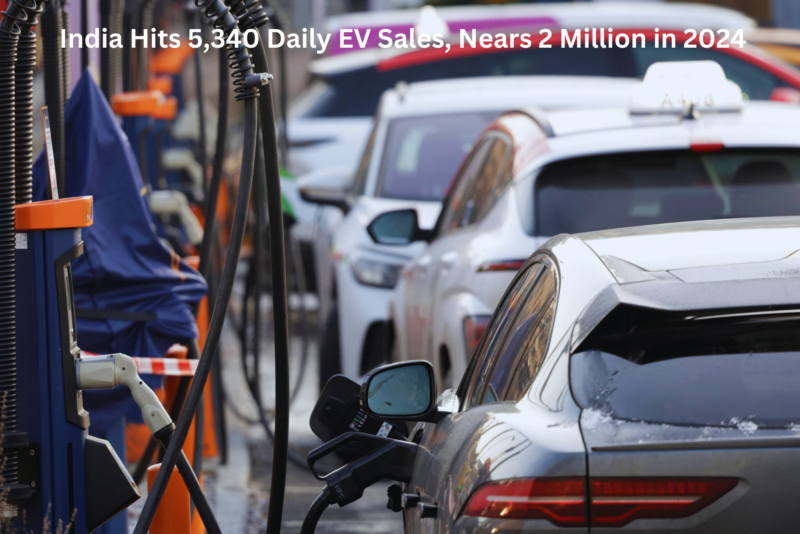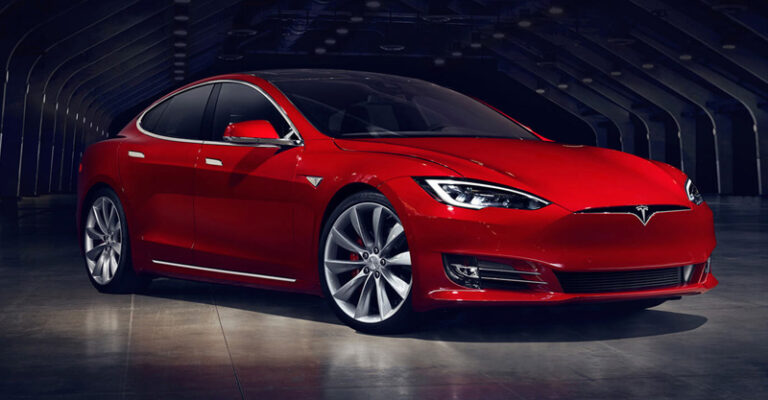In 2024, the electric vehicle (EV) sector achieved a major milestone, with total sales soaring to 1.94 million units, reflecting a robust 26.5% year-over-year growth. Additionally, the market penetration of EVs saw an uptick, rising from 6.39% in 2023 to 7.46% in 2024. This achievement highlights the nation’s dedication to reducing carbon emissions and promoting green energy solutions. Below, we delve into the factors driving this growth and its implications for the future.

Key Factors Driving EV Growth in India
Government Programs and Financial Incentives
- Faster Adoption and Manufacturing of Electric Vehicles (FAME): The FAME schemes have significantly subsidized EVs, making them more affordable for consumers.
- Tax Benefits: Reduced GST rates and income tax benefits on loans for EV purchases have further incentivized buyers.
- State-Level Incentives: Various states offer additional benefits, including subsidies, road tax exemptions, and free registration.
Expanding Electric Vehicle Charging Network
- Public Charging Stations: India now boasts a rapidly growing network of over 10,000 public EV charging stations, reducing range anxiety among users.
- Private Sector Involvement: Companies like Tata Power and Indian Oil have been pivotal in expanding charging infrastructure.
- Fast-Charging Technology: The introduction of fast-charging options ensures minimal downtime for EV owners.
Wide Range of Electric Vehicle Choices
- Two-Wheelers Lead the Market: Affordable and efficient, electric scooters and motorcycles dominate the Indian EV market.
- Passenger Cars and Commercial EVs: Growing options in electric sedans, SUVs, and buses cater to a broader audience.
- Local Manufacturing: Domestic players such as Tata Motors and Mahindra, alongside startups like Ola Electric, have fueled market growth.
The Sales of 2.62 Million Diesel Vehicles in 2024
The diesel-powered vehicles experienced a notable market presence, with a total of 2.62 million units sold, accounting for 10.05% of the total vehicle sales in 2024. Despite the growing popularity of electric and hybrid vehicles, diesel models continue to hold a significant share in the Indian automotive market. However, this figure marks a gradual decline compared to previous years, signaling a shift towards greener alternatives in response to environmental concerns and government policies favoring electric mobility.
The shift in consumer preferences is evident when comparing the diesel sales figures with the growing sales of electric vehicles (EVs). Diesel, gasoline, and hybrid vehicles are still dominant in the market, but the increasing penetration of EVs indicates that the demand for sustainable transportation options is gaining momentum.
Key points to note:
- Diesel models accounted for 10.05% of total vehicle sales, with 2.62 million units sold.
- A slight decline in the share of traditional fuel vehicles compared to 2023 and 2022 indicates a growing preference for greener alternatives.
- The ratio of gasoline, diesel, and hybrid vehicles sold to EVs is around 12.43:1, showing a shift toward more eco-friendly choices.
- The market is expected to evolve further as automakers like Tata, Hyundai, and Maruti Suzuki launch zero-emission vehicles.
By 2030, Electric Vehicles Could Create 5 Crore Jobs and Reach a ₹20 Lakh Crore Market Size
The electric vehicle (EV) sector in India has the potential to generate substantial economic growth, with predictions indicating the creation of approximately 5 crore jobs and a market size of ₹20 lakh crore. This transformative shift from traditional fossil fuel-based vehicles to electric mobility will bring about various significant changes in the automotive and energy sectors. Key factors contributing to this growth include:
- Job Creation: The EV ecosystem will foster job opportunities in manufacturing, research and development (R&D), supply chain management, and sales. Key areas such as battery production, EV charging infrastructure, and maintenance services will witness an increased demand for skilled labor.
- Infrastructure Development: The rise of electric vehicles will drive the expansion of charging stations and related infrastructure, creating new avenues for employment in construction, logistics, and energy distribution.
- Technological Advancements: Innovations in battery technology, AI integration for smarter vehicles, and sustainable manufacturing practices will lead to higher employment in research, engineering, and design fields.
- Environmental Impact: By reducing emissions and promoting cleaner energy solutions, EVs will play a vital role in India’s commitment to a greener, more sustainable future.
The combination of these factors positions the EV industry as a key driver of India’s economic and environmental goals, benefiting both the workforce and the nation’s long-term prosperity.
In conclusion, the electric vehicle sector is poised to become a significant engine of economic growth in India by 2030. With the potential to create millions of jobs and expand the market to an impressive ₹20 lakh crore, the transition to electric mobility offers vast opportunities across various industries. This shift will not only generate employment in manufacturing, infrastructure, and technology but will also contribute to the nation’s environmental goals by promoting cleaner energy solutions. The rapid development of the EV ecosystem will play a crucial role in shaping a sustainable, job-rich future for India, positioning it as a leader in both innovation and environmental responsibility.


